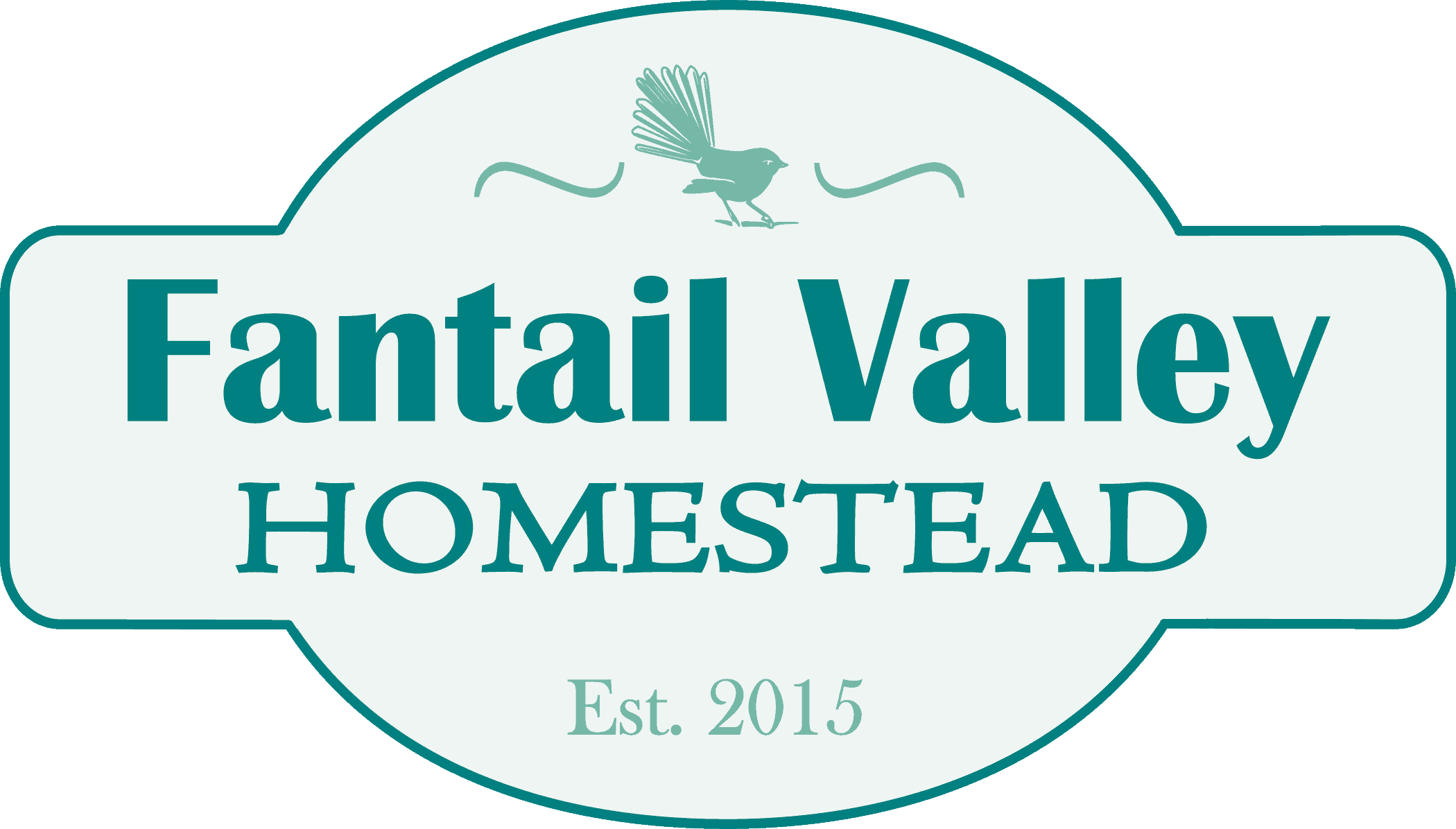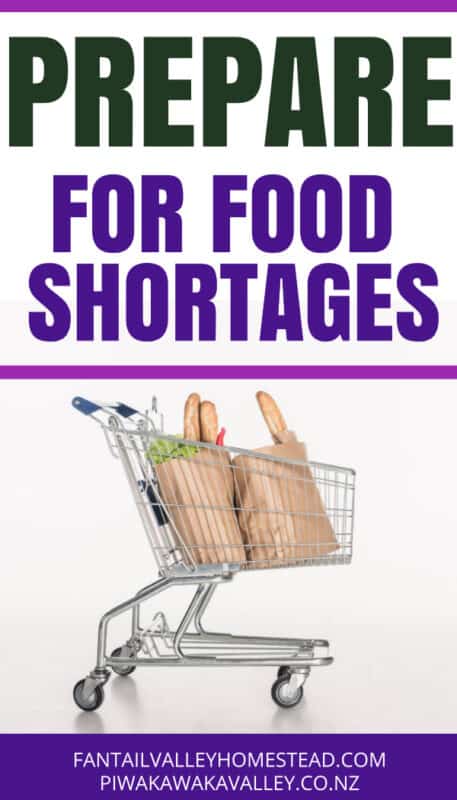There is a global risk that arises from relying on other countries to grow and export food. As a globe we rely heavily on a few areas to grow all of our commodity crops – most wheat, rice, soy and corn is grown in a few select countries and then exported around the world to feed both humans and animals. This leaves us at mercy of many different risks of a global supply chain.
Flooding, drought, reduced worker numbers, a truck driver shortage, back-logged ports and pest pressure all mean that we could be heading for a food shortage in the near future. Unless something changes with the way we manage our food production and transportation, this could happen any time.
Please read: This information is provided for educational purposes only and is not intended to treat, diagnose or prevent any disease. We encourage you to make your own health care decisions in partnership with a qualified health care professional.
This post contains affiliate links, this means at no extra cost to you, we make a commission from sales. Please read our Disclosure Statement
13 Ways to prepare for food shortages
All is not lost, despite what may be coming, there are ways to prepare for food shortages as long as you start before the shortages arrive. It can be overwhelming to take on all of these things at once – but start with one or two steps and work your way through as time, space and resources allow.
1. Change your diet
Relying on the food that is supplied by the commodity market, leaves you open to being affected by a raise in prices or a complete scarcity of any of these items.
The largest affected foods at the moment seem to be wheat, rice, soy and corn. If these form the basis of a lot of your diet, now is a good time to look in to ways to move away from these products in your daily life.
Research is also showing that a diet heavy in starchy foods like these grains can lead to obesity, heart disease, diabetes and some cancers. A diet higher in natural fats, fresh vegetables and animal protein is a much healthier alternative and it is easier to find locally.
2. Cook from scratch
Learn to cook simple meals from scratch. The world in your oyster with recipes, a simple Google search will bring up a step by step recipe for any meal you could dream of. Cooking from scratch reduces your reliance on convenience foods which are usually full of those grains and they are also missing already off of many shelves.
Meals can be as simple as grilled meat and a salad, it doesn’t have to be a fancy 3 course meal to be delicious. I have a recipe book to help you get started.
3. Grow a garden
If you really want to prepare for a food shortage, you need to start growing your own food. Starting a garden can be an overwhelming task, and I have put together some resources for you to hold you hand and take you through step by step. Check them out here.
4. Season extension
Once you are growing a garden, invest in some things to help you grow as long in the year as possible. Even if you don’t know what to do with it yet – go and buy several lengths of 3/4 inch PVC pipe and some sheets of poly-tunnel plastic to make your own low tunnels over your garden beds to let you grow longer in the year.
5. Buy and Save Seeds
In a food shortage or financial crisis, seed packets become a tradeable commodity, and if you learn to save your own seeds from heirloom or heritage varieties of vegetables and fruit, you can make more for free. Also, a good seed stock stored somewhere cool and dark and dry will last for many years and remain viable.
6. Grow Protein
Chickens, rabbits and quail all allow you to grow a source of protein in your backyard. And there are ways to feed them without grains or pellets. They can be kept in a small area, and most places allow you to do so even in town (though it is best to check about chickens, because some places don’t allow you to keep them).
7. Build a pantry
Start stashing food away now. Build a good and full pantry, filled with non perishable foods. Buy additional food each week and get a supply stored away safely in pest-proof containers. Learn how to build a pantry stash here.
8. Join a CSA
CSA or Community Supported Agriculture is where you pay a local farmer for a weekly/fortnightly or monthly share in the produce that they grow. Some are just vegetable boxes, some add eggs and some even do meat or fruit. If you aren’t sure where to start, go to a local farmers market and start asking the stall holders if they have a CSA that you can join.
Buying from local producers gives you food with a lower footprint, it is supporting the smaller producers and you will likely get a better quality, more fresh product than what you can buy in the store and you cut out the middle man, mean both you and the farmer get a better deal.
9. Preserve what you can
You might not have the ability to grow all your food, but you can make the most of food gluts, in the peak of the season, buy foods in bulk and learn how to preserve them so you can eat them later. Consider it an investment, like savings in a bank. Learn how to preserve things here.
10. Harvest Wild Foods
Mother nature knows how to grow food, and she does it in abundance. Learn how to forage wild vegetables, fruit and mushrooms, learn to hunt and fish and you can eat for free.
11. Raise dairy animals
If you have the space to raise a mini goat or a cow, then having your own dairy animal will help supply your family with milk, cream, cheese and butter. Find out what you need to know about caring for a goat.
12. Add some Sweetness with bees
Bees can be kept in the city and can supply you with a valuable source of sweetness for taste and calories. These industrious little insects are not to be over looked. Learn what you will need here.
13. Change the laws
Some places in the world have the most ridiculous laws that have clearly been lobbied in to play by large corporations trying to keep a larger piece of the food supply pie. If you live in an area where growing food in your front yard, keeping chickens or bees is not allowed, may I suggest that you start looking at ways to get those rules changed. You are a human, you have a fundamental right to be able to grow your own food.


